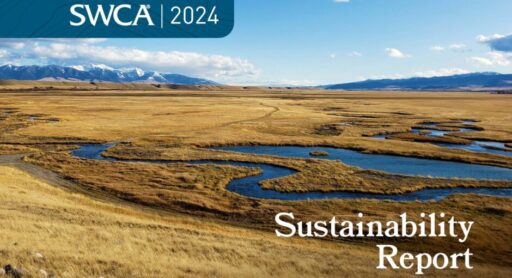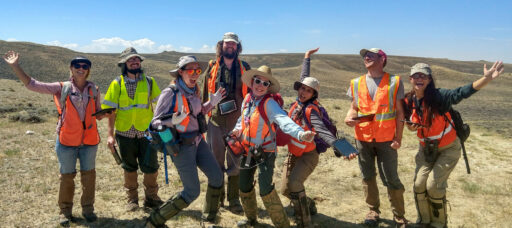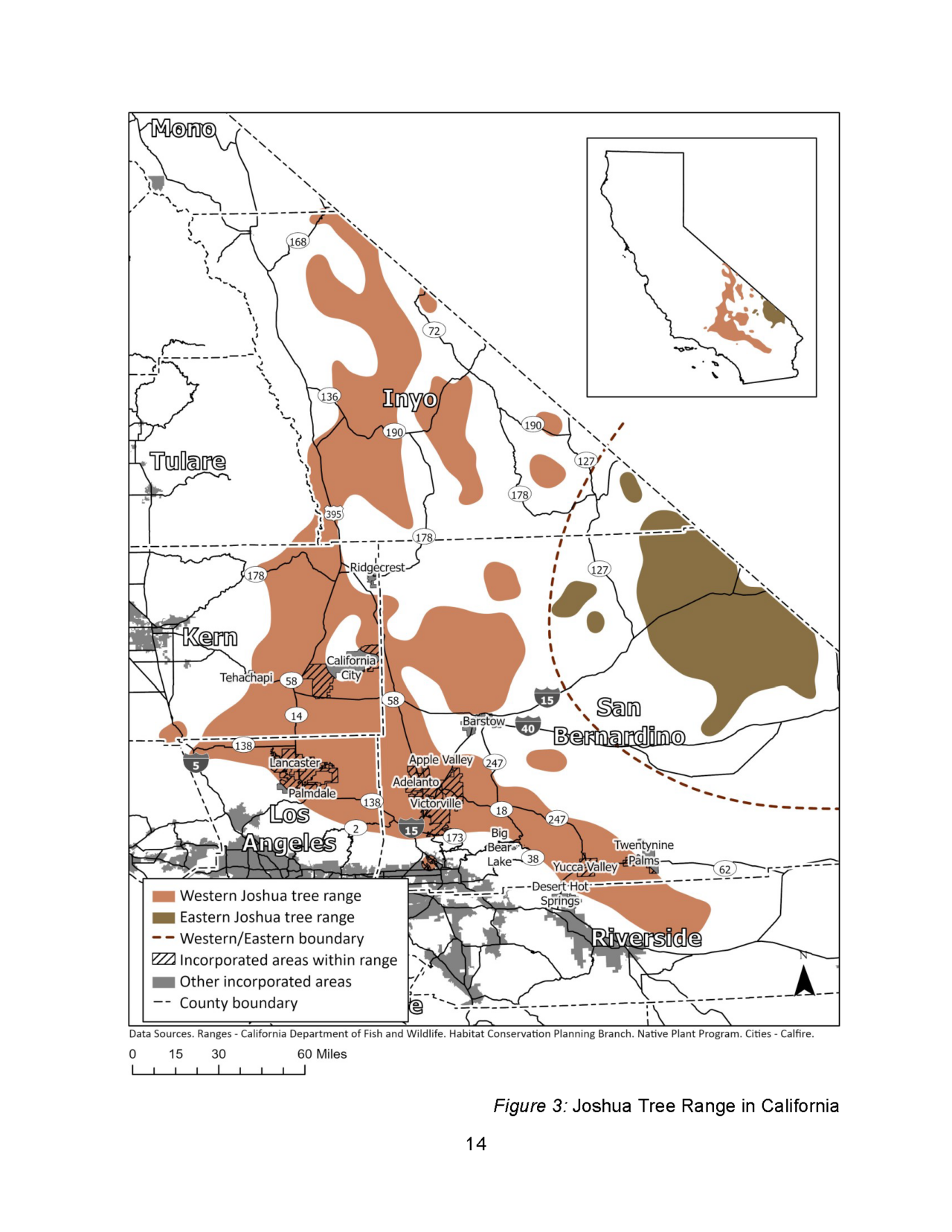2025
Comparably’s Best Company Outlook
* Providing engineering services in these locations through SWCA Environmental Consulting & Engineering, Inc., an affiliate of SWCA.

From the experts we hire, to the clients we partner with, our greatest opportunity for success lies in our ability to bring the best team together for every project.
That’s why:

At SWCA, sustainability means balancing humanity’s social, economic, and environmental needs to provide a healthy planet for future generations.

SWCA employs smart, talented, problem-solvers dedicated to our purpose of preserving natural and cultural resources for tomorrow while enabling projects that benefit people today.

At SWCA, you’re not just an employee. You’re an owner. Everyone you work with has a stake in your success, so your hard work pays off – for the clients, for the company, and for your retirement goals.
Federal Endangered Species Protections Not Warranted for Joshua Trees
The USFWS reviewed threats to the species such as wildfire, invasive species, climate impacts, and habitat loss and fragmentation.
Rob has provided expertise in habitat restoration and natural resources for over 27 years. He specializes in negotiating, planning, implementing, and managing projects for land development throughout the west.

Lori Coleman is a Project Manager with 17 years of experience in environmental consulting. She has worked on a variety of environmental compliance projects to help clients understand and maintain compliance with regulations such as the Clean Water Act (CWA), Oil Pollution Act of 1990 (OPA), Resource Conservation and Recovery Act (RCRA), Emergency Planning and Community Right-to-Know Act (EPCRA), and National Environmental Policy Act (NEPA). She has contributed to the production of permit applications and environmental reports for a variety of energy-related projects. She led linear and renewable energy projects from early design phases, through agency consultation, permitting process, and post-construction monitoring. Ms. Coleman also supported stormwater and wastewater permitting and compliance projects at power generation facilities in the Northeast.



On March 9, 2023, the U.S. Fish and Wildlife Service (USFWS) published its 12-month finding that the Joshua tree (Yucca brevifolia [western Joshua tree] and Yucca jaegeriana [eastern Joshua tree]) does not warrant protection under the Endangered Species Act of 1973. This conclusion comes after a second in-depth review of the two Joshua tree species. The USFWS reviewed threats to the species such as wildfire, invasive species, climate impacts, and habitat loss and fragmentation. The USFWS determined the Joshua tree’s resiliency, redundancy, and representation was sufficient to not be at risk of becoming endangered in the foreseeable future, or through the year 2069.
Paul Souza, Regional Director of the USFWS Pacific Southwest Region said, “We are coordinating closely with partners to ensure the long-term conservation of these species, including the National Park Service and other Federal agencies, and the State of California, which is also considering measures for the protection of Joshua trees.”

Joshua tree range in California, via CA Department of Fish and Wildlife
On February 7, 2023, the California Governor’s office made public a proposed legislation that would protect the western Joshua tree (Yucca brevifolia) through a trailer bill titled Western Joshua Tree Conservation Act (WJTCA). The WJTCA aims to protect the western Joshua tree at a landscape scale, while also providing a streamlined permitting and mitigation approach using in-lieu fees. If passed, this bill would be the first legislation to specifically focus on protecting a species from threats of climate change.
On the heels of this announcement, the California Fish and Game Commission (Commission) voted on February 8, 2023, to postpone their decision on listing the western Joshua tree as a threatened species under the California Endangered Species Act. The decision to postpone was in direct response to the newly proposed legislation. The Commission will take into consideration the outcome of the proposed legislation, expected in July 2023, before taking a final vote on the listing status.
Please contact your main SWCA contact for more information.